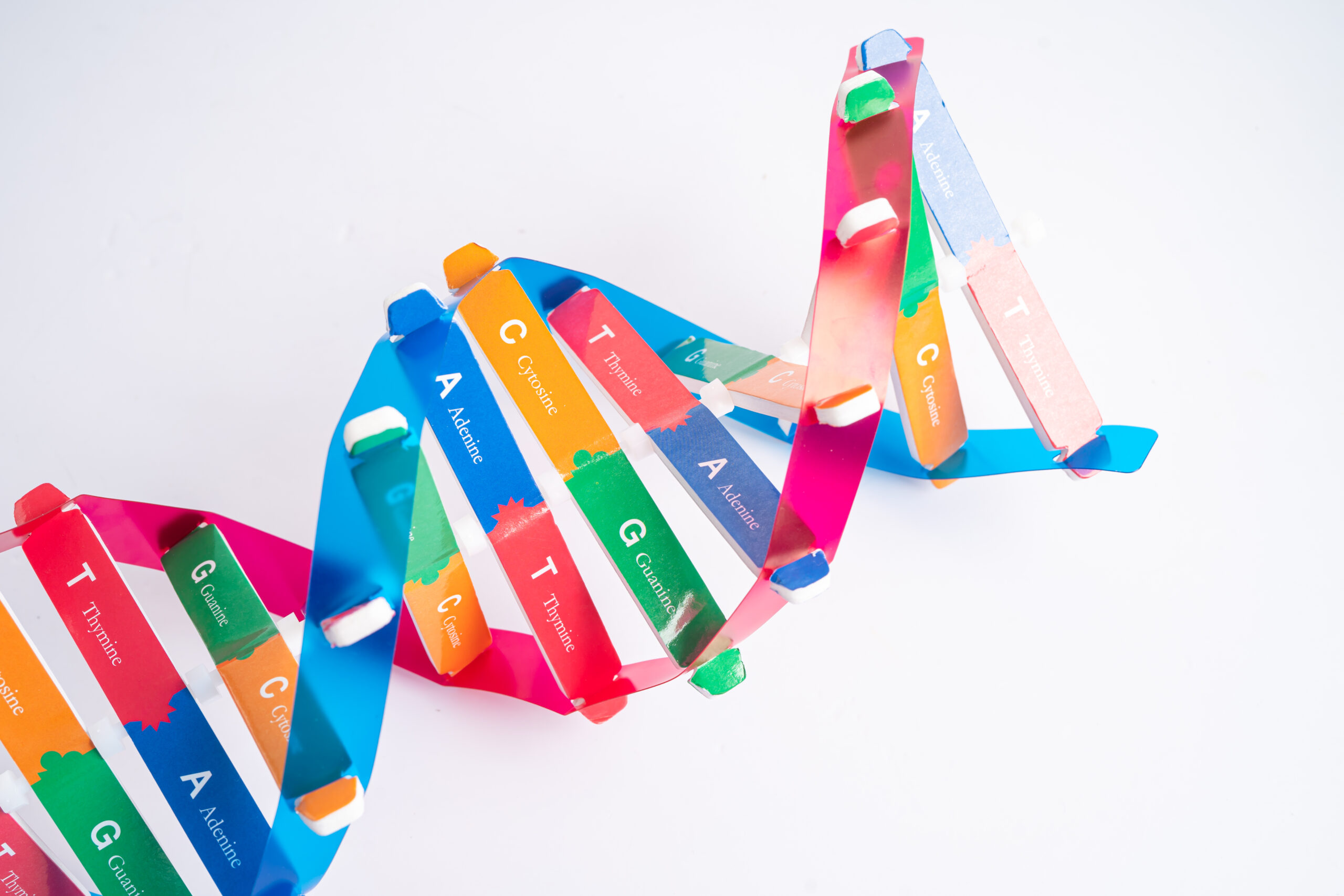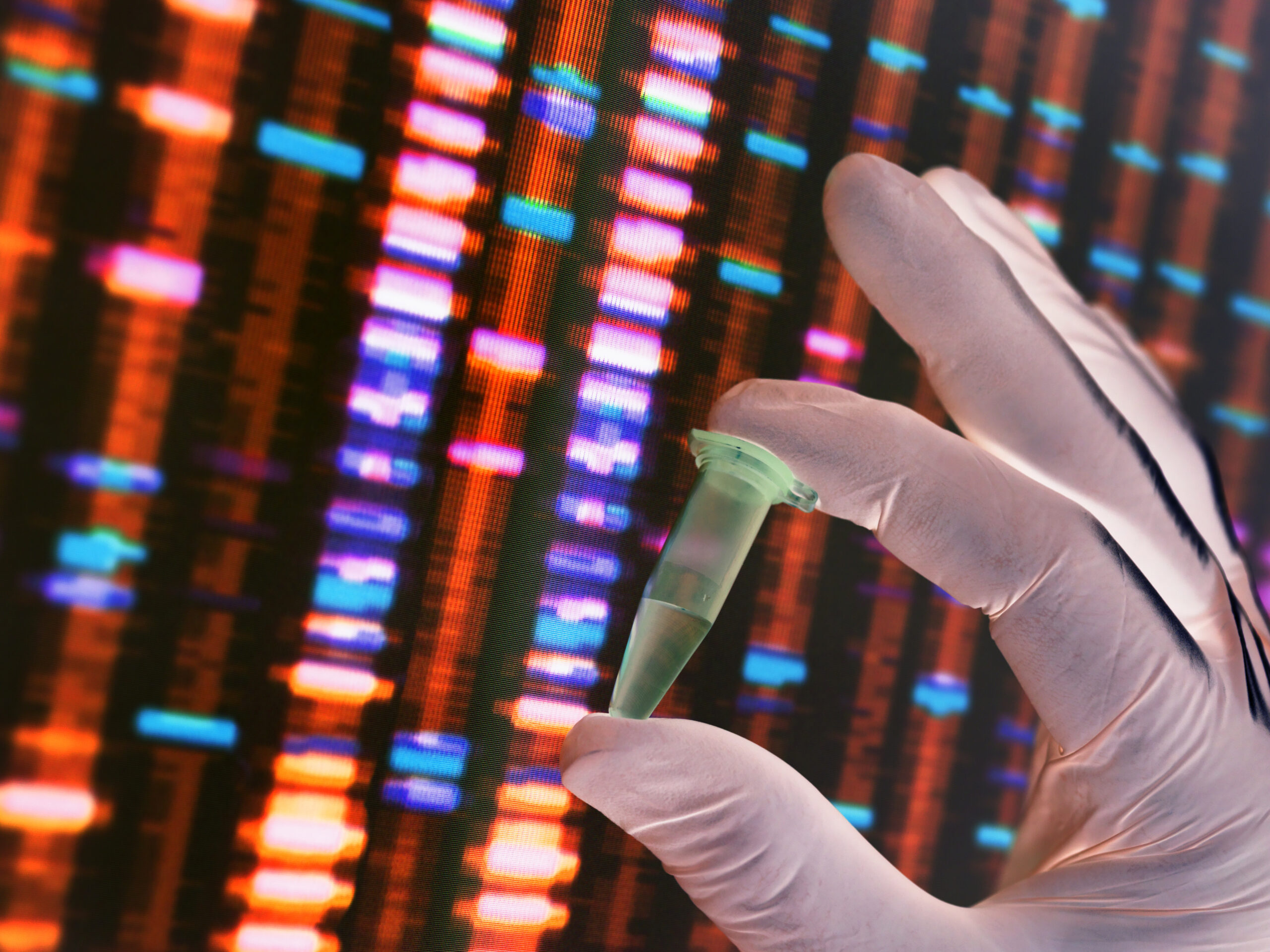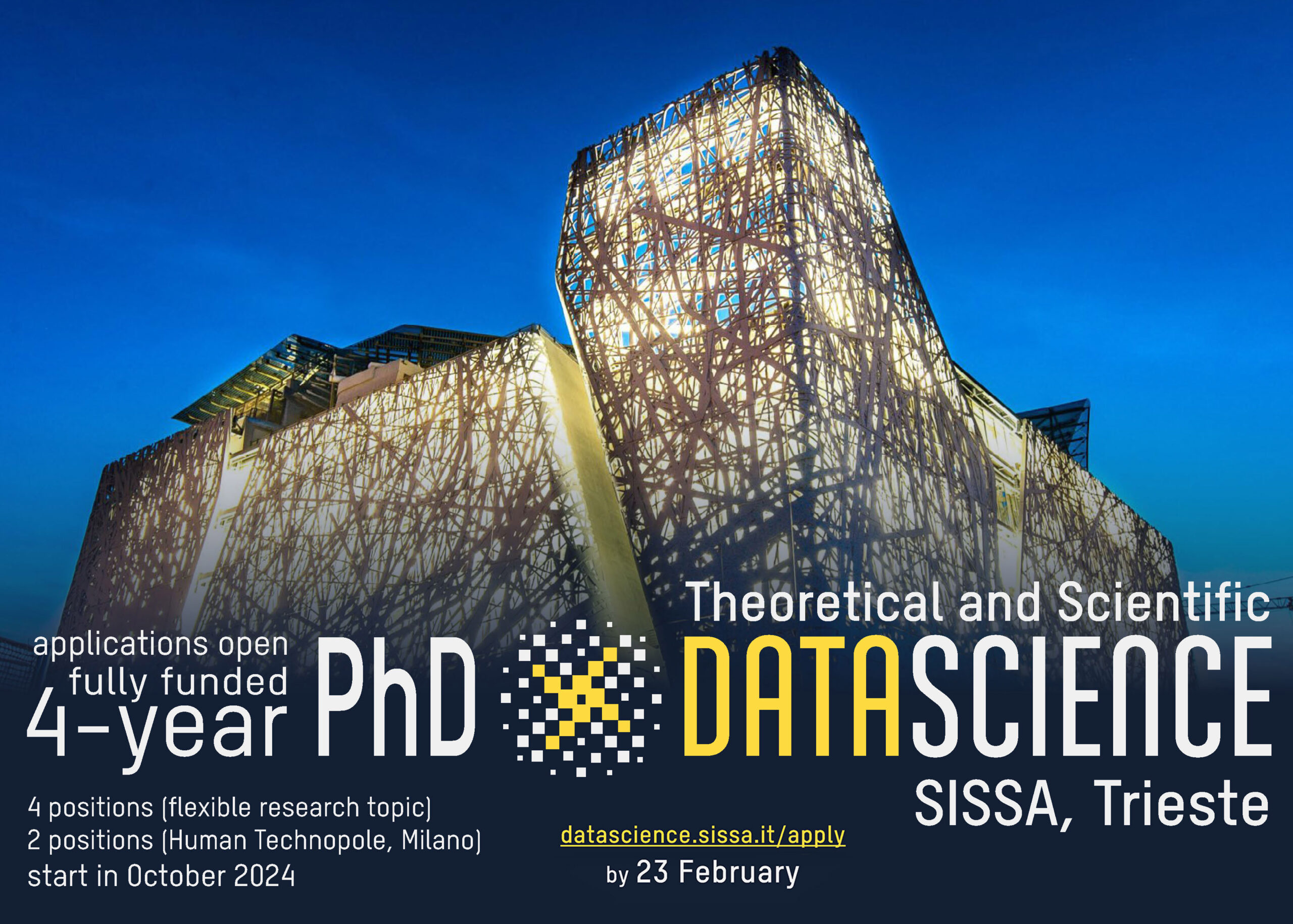
HT Director’s Lectio Magistralis
Human Technopole’s Director Marino Zerial was invited last week to give the Lectio Magistralis during the inauguration ceremony of University of Genoa’s academic year 2023-2024.
Profiling extrachromosomal circular DNAs
A new sequencing method sheds light on the diversity and complexity of extrachromosomal circular DNAs (eccDNAs) in single cells.
2 PhD scholarships on Health Data Science at HT through DADS
2 fully funded PhD scholarships on Health Data Science at Human Technopole, through the PhD Programme in data Analytics and Decision Sciences of the Politecnico of Milan.
SINEUP long non-coding RNAs: when structure meets function
Human Technopole and RIKEN researchers identify conserved short structural motifs within natural SINE-transcribed RNAs that enhance target mRNAs’ transcription, thus shedding new light on the SINEUPs’ function.
2 fully funded PhD scholarships at HT through SISSA
2 fully funded PhD scholarships through the SISSA Theoretical and Scientific Data Science PhD Programme.



